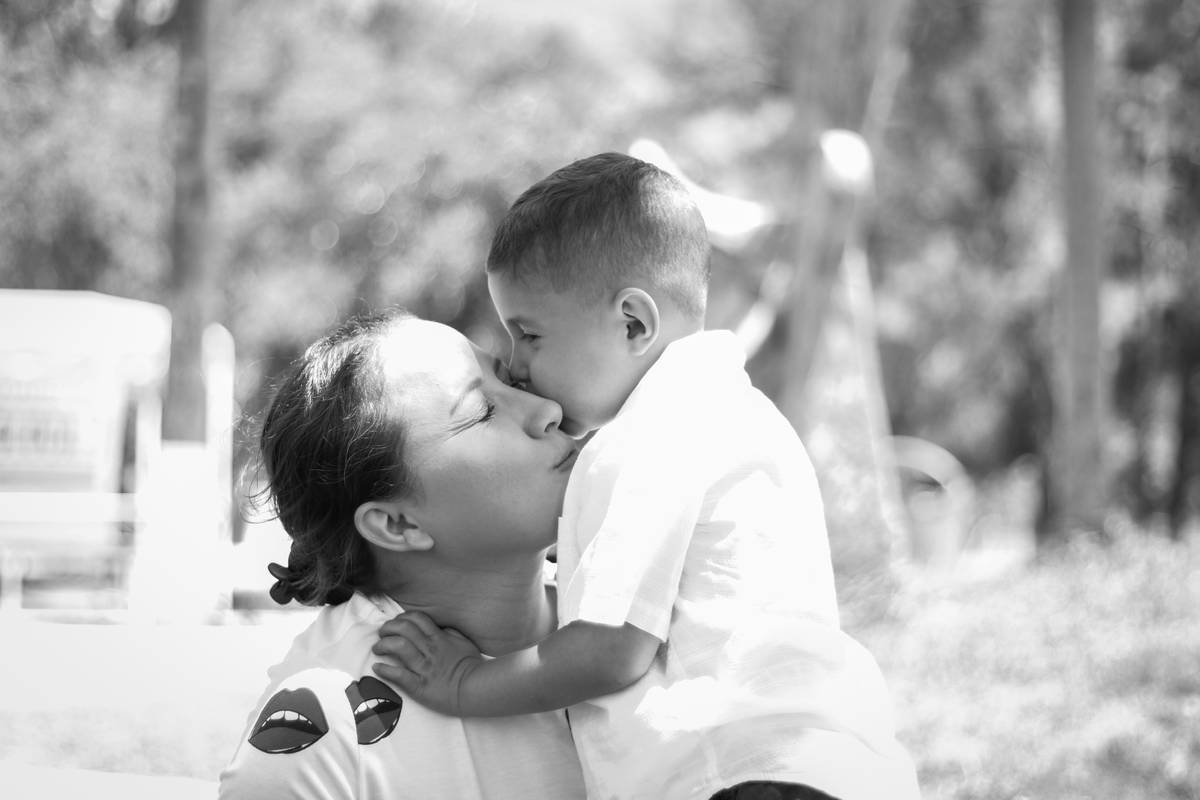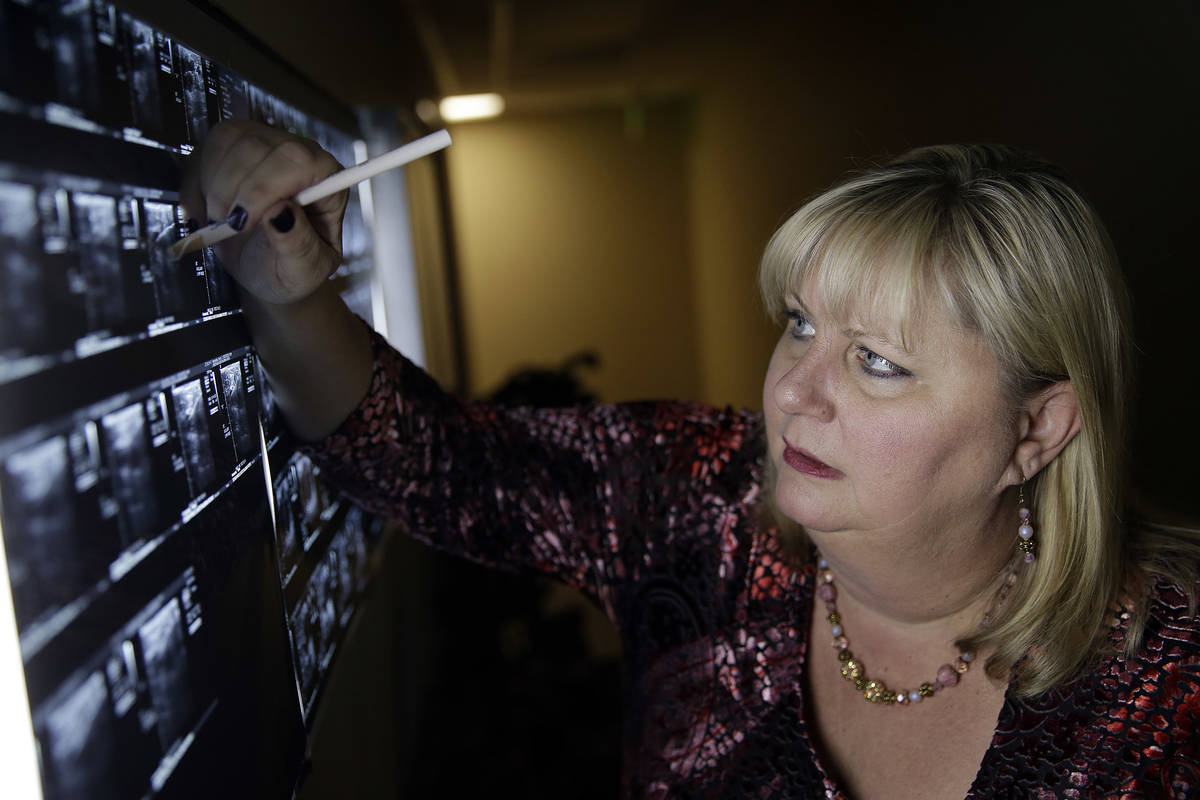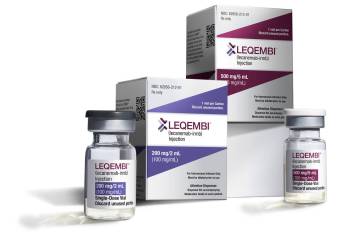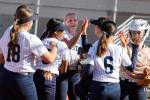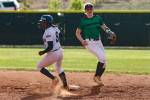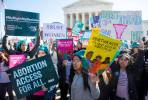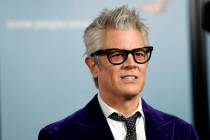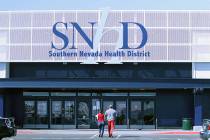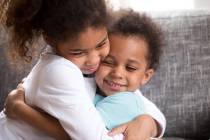Surgery reduces risk of cancer for young mother
Daisy Valencia watched 12 years ago as cancer ravaged her mother’s body.
Ovarian cancer, gastric cancer and the radiation and chemotherapy pummeled the woman approaching 40 years old. And the daughter shared some of that pain in her mother’s slow death.
“It’s hard to see that,” Valencia, 35 said. “It’s also hard to be a parent and have your child see that.”
Because of her family history — an aunt also had breast cancer — Valencia figured she was high risk and was on board when it was recommended she take a genetic test. When it came back BRCA positive, Valencia knew full well her options.
On Aug. 28, she had a double mastectomy. After reconstructive breast surgery in December, she will have a hysterectomy.
Tough choices, but in her mind, the sound ones.
Before leaving the San Francisco area six years ago and joining Comprehensive Cancer Centers of Nevada in Las Vegas in 2018, Valencia graduated with a medical degree in Mexico. At Comprehensive Cancer Centers, she worked first as a medical assistant for oncologist Rupesh Parikh before moving to the center’s research department.
Her background and personal medical history are reasons she’s sharing her story during Breast Cancer Awareness Month.
Her positive genetic test didn’t crush her spirit, she said. In fact, it gave her a reason to act decisively.
“I knew what to expect because of my family history,” she said. “Sooner or later, I figured I’d come out with something. I was not afraid of the result.
“With all the background that I have, it made it easier to understand.”
Her decision for surgery means a reduced risk of cancer, she said. And it means that her son, 4-year-old Ernesto, and his father and her partner of more than a dozen years, Ernesto Chavez, would not have to watch her body being savaged by the physically and emotionally demanding effects of radiation and chemotherapy.
“I saw what my mom went through, the chemo, the radiation, ” she said.
Valencia’s attitude was a bit of a twist for her breast surgeon, Dr. Margaret Terhar of Comprehensive Cancer Centers. Each time Terhar meets to help prepare patients for surgery is different, but in Valencia’s case, it was rather enlightening.
“You don’t have to talk to her long to know she’s an insider and speaks the language,” Terhar said. “I knew she worked in our research department and knew she’d be a little more knowledgeable … with all that together, I knew she was a savvy person and would have a recovery plan.”
Terhar also was aware of Valencia’s painful memories of watching her mother die.
“It’s hard when you’re that child, especially when your parent dies of cancer,” Terhar said. “It can be a tough way to go. The child takes that with them, perhaps for the rest of their lives. She had the idea of doing whatever she could to spare her family of that experience.”
Terhar also is grateful when patients like Valencia share their stories because they can help save lives.
“Raising awareness is what we have to do,” Terhar said. “The key to treating people with cancer is treating early.
“People like Daisy, making decisions with the right information, it’s important.”
Terhar also encourages women to dig a little deeper into their history when considering genetic testing. In families where ancestors are men, signs of the breast cancer gene might not show up in family histories, she said.
“For genetic cancers, inherited from one of the parents, especially breast cancer or ovarian cancer, sometimes the father will have the gene and maybe that side of the family may not know the risk,” Terhar said. “So the woman might say, ‘I don’t have any history, so I don’t have to worry.’”
In that case, a panel test can be more comprehensive and a better option than a single-gene test, Terhar said.
For Valencia, recovery has been good and she said things slowly are returning to normal.
Her older sister, Ruby, came from her home in Mexico to help her during her recovery. She stayed for three weeks, keeping an eye on little Ernesto while Valencia’s partner was away working.
“It made it so much easier having her here,” Valencia said of Ruby’s help.
It also reminded her that family was a major factor in her decision to have surgery in the first place.



